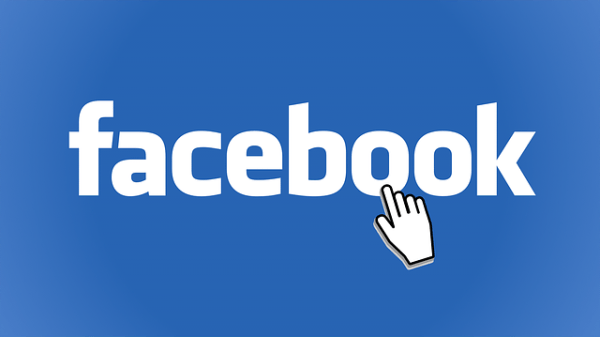Do you use any online social networking sites, such as LinkedIn, Twitter, or Facebook? With 1.8 billion people utilizing online social networking sites and over 1 billion Facebook users alone, it is important to realize how social networking affects our lives.
In 2011, the American Academy of Pediatrics identified the condition “Facebook Depression” as the development of depression in young adults when a significant amount of time is spend on social media sites. Research conducted at the Lancaster University identified the cause of the strong association between social networking and depression to be negative comparison via rumination, or overthinking. In other words, spending prolonged hours comparing yourself to, for example, your peers on Facebook can lead to overthinking, contributing to the development of symptoms of depression.
Further research conducted at the University of Missouri found that Facebook users who find themselves envious of others on Facebook are more at risk for developing depression. For example, seeing a status from a friend celebrating a job promotion or pictures of a friend’s marriage may spark jealousy in an individual. Therefore, prolonged Facebook usage means constant and extended periods of simmering in negative emotions which can lead to a depressed state. Other indications of Facebook users at higher risks for depression include frequent postings, frequent negative status updates, and accepting former partners as Facebook friends. Women and people with neurotic personality traits, such as emotional instability, self-consciousness, and depressed moodiness, also tend to be more likely to become depressed.
Image Source: Peter Dazeley
However, it is important to realize that most people desire to portray themselves positively online, meaning that you’re most likely only going to see positive images of your fellow Facebook friends. Realizing this can help you harness dissatisfaction, bitterness, and envy.
Moreover, not all Facebook use is detrimental to mental health. Online social networking can have positive effects if used in a fun and healthy manner. Whether it be connecting with family and old friends or sharing aspects of your life with others, social networking does not always have to end up in feelings of resentment and dejection. In fact, you can provide emotional support and be a mental health resource to others to lead a positive impact online. So the next time you find yourself with FOMO (“fear of missing out”) or deep pangs of jealousy, remember that you don’t have to let yourself muddle in a negative state.
Feature Image Source: Simon










